Does Your Lawyer Meet IACP Minimum Standards for Collaborative Practitioners?
If you are going through divorce, you may have heard of collaborative divorce as a non-adversarial method of separating. What you may not know is that not all divorce lawyers have completed collaborative training. Further, even among those who have completed a training, not all collaborative lawyers meet the IACP Minimum Standards for Collaborative Practitioners.
 International Academy of Collaborative Professionals
International Academy of Collaborative Professionals
The IACP is the International Academy of Collaborative Professionals. It is the premiere organization when it comes to helping families resolve disputes in a better way. The mission of the IACP is “To transform the way families resolves conflict by building a global community of Collaborative Practice and consensual dispute resolution professionals.”
The IACP initially created Minimum Standards for Collaborative Practitioners in 2004; it revised and adopted the current Standards in 2014. It states the following about the Standards:
The IACP Standards for Trainers, Trainings, and Practitioners are drafted with an awareness of the aggregate nature of learning. Knowledge comes from the interface between education and practical experience. Skill is acquired from the successive application of education to experience. With those principles in mind, these Standards should be understood as a point of departure in a continuing journey of education and practice for Collaborative practitioners and trainers.

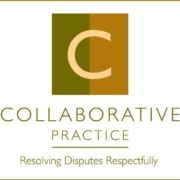
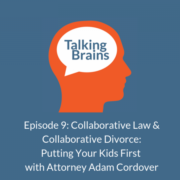

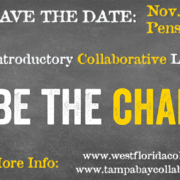
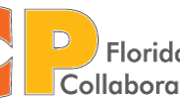

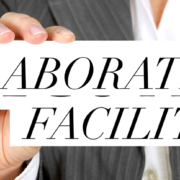

 In the video below, California attorney
In the video below, California attorney 